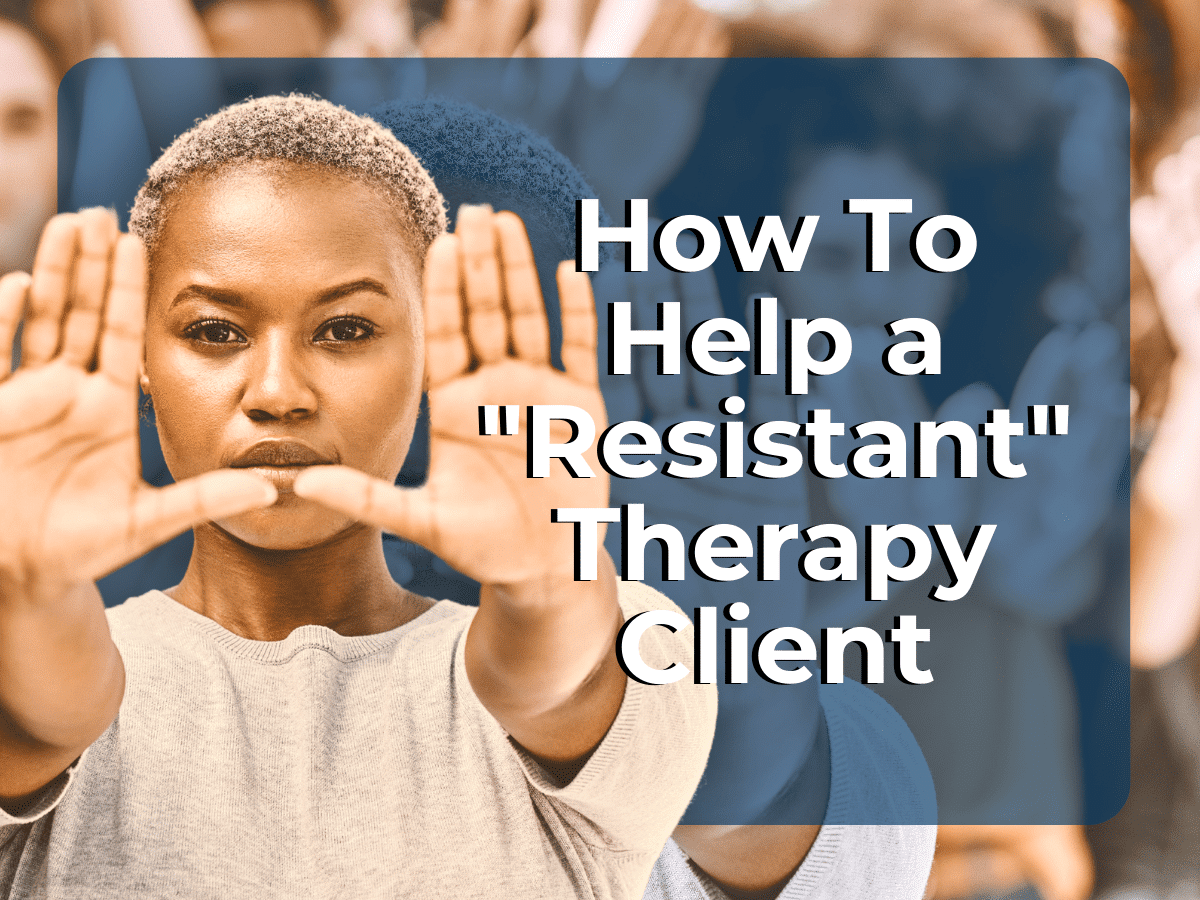Alongside our enriching trainings for therapists, we proudly presented the much-anticipated annual 2023 Wise Therapy Spotlight publication -a compilation of profound essays and captivating artwork from our esteemed psychotherapy training community. We extend our sincere gratitude to all contributors who shared their insights and talents, making this publication a true testament to the brilliance within our community.
A special congratulations to our featured authors! Your responses to the pivotal question, “How, as a community, do we repair a sick world when it is anguished with mental suffering?” have left us inspired.
If you’re interested in downloading the full Wise Therapy Spotlight December 2023 Issue, Click to Download the PDF now.

Nurturing Capacity – Trusting community
Julietta Cerin
I’m glad to hear therapists speak about ‘extending our reach’. Narrative therapists have been doing this for decades, of course. Narrative community work is sensitive to and honoring of culture, context and collectivity (no-one is a brain in a vat), and wider-reaching than one-on-one therapy, and has been taken into contexts as diverse as Australian Aboriginal communities devastated by suicide, Rwanda after the genocide, and children affected by HIV in South Africa, to name just a few. [1]
Their work incorporates training local leaders and community workers to continue using these methods in their community. It’s an approach requiring skill but also humility. Narrative therapists don’t claim to bring ‘answers’—which would be onerous and arrogant—but rather, draw on pooled experience in how to facilitate openings for communities to find their own healing, and a staunch belief that all communities (like all individuals) hold resilience and resources.
“I am a guest of this community and I cannot assume to know the stories and histories that shape the local experiences of life. I am here to document what the community articulates as significant. To take care that this is what I am doing requires many acts of collaboration…. It’s my role to record in the written word and with song the sparkling moments, valued stories and the skills and knowledges of the community. Those at the gathering will then decide what they wish to do with these words and songs.” [2] Because it is collaborative and does not place responsibility for ‘knowing the answers’ on any one person or role, this way of working is connective, resonant, healing and protective, for the therapists as well as those with whom they work; and their processes have been generously and freely shared.[3] All it takes is the willingness or capacity to get out of our comfy rooms, and take it where it’s needed.
How much stretch?
Therapists are the frontline workers in ‘mental health’, stretched to our limits addressing the mental anguish. The concept of a ‘Global Mental Health Crisis’ is a questionable one, and I think it’s important to question it. What I want to question here, though, is how we as therapists relate to the concept.
Emotional and mental suffering are intrinsic to human existence. Therapists are more aware of this than anyone, and managing this grim awareness, making some kind of tolerable sense of it, is part of our job – a precondition for supporting others to do the same. But if ‘society’, on a global, collective level, is responsible for higher levels of mental distress (along with a higher awareness of the distress that always existed), then reconsidering ‘society’ is everyone’s job. We need to be very careful what we ask of those already bearing the brunt. At the end of the day we are all, still, human – part of this, this mess, this hapless endeavour, this precarious ark floating lonely in space with its glistening mantle of satellites – and only human. Therapists not excepted.
When I had the capacity, I started a ‘community fruit and vege swap’, bringing together people of varied ages, backgrounds and walks of life from a small geographical area – countering the dominant cultural model, here in Australia, of like-minded people driving from far-flung places to band together. Conversations flourished between people who’d lived near each other for decades, but never met. The oldest who came was over ninety, the youngest less than a year. Although sharing surplus food was our fulcrum, providing a concrete focus and purpose, we shared much more than that: experiences, memories, knowledges, knowhows, concerns and ideas, solutions and innovations. It was a modest yet meaningful exercise in sustainability – and also in mental health, because all those things, sustainability, community, mental health, intertwine.
It was deliberately simple, something anyone could do – and if you’d like to give it a try, our booklet shows you how. [4]
Fifteen years later the group still runs, but I’m no longer involved. Working now as a therapist, lending my energy, hope and calm to dozens of people unable to access their own, any socialising in my free time is strictly passive – drifting dazed into groups that others organise. More often my depleted capacity requires that I ‘fill my cup’ with solitude, rest and spiritual practice, nurturing myself back to the gentle, open receptiveness I need to work with clients. There’s no capacity spare, although further on in my journey that may change.
I’m glad to see therapists from traditionally one-on-one modalities beginning to widen their thinking. It’s about time we realised the dominant anglo-Western model of a professional and a client alone in a room, with all its embedded cultural assumptions and values, is only one way of ‘doing’ mental health – and possibly not the best way. I was glad to hear Thomas Hübl and Dr Richard Schwartz recently discuss their thoughts about applying therapeutic ideas and processes more widely. [5] I’m glad, deeply and truly, that someone has the capacity to think that big.
But I confess that for me, just sitting through the webinar was a feat – almost more than I could handle. It took me to the limits of my capacity.
‘Capacity’ is the key word here. I prefer the phrase “window of capacity” to “window of tolerance”, as it’s intrinsically non-blaming: by definition, no-one can do more than their capacity permits. Strictly, clinically, it describes a ‘Goldilocks’ state of the nervous system – enough energy to be alert and engaged, but not so much as to activate defense states and send the ‘thinking brain’ offline. But it also invites our awareness of so many other forms of capacity: physical and emotional, intellectual, social or interpersonal capacity, capacity for new learning, for empathy and compassion, for stamina and endurance – all varying constantly in response to time and circumstance.
If we consider always our clients’ Window of Capacity in our work with them, should we not always equally consider our own?
From experience I know that being outside my Window of Capacity is immobilising. It renders me useless to anyone, even myself. In order to be useful, to contribute, I must stay within the window, pushing at the edges incrementally when capacity to do so is available.
All the therapists I know are stretched to their limits, not only by massive caseloads. Current events are even more alarming seen through a trauma lens, which reveals not only immediate pain and suffering, but the decades and generations beyond. Human culture throngs with hero stories – they win the battle, escape the blast – but nobody talks about what happens after, how six months later the hero is trembling uncontrollably, cowering in corners or punching holes in walls, unable to sleep or shop or rise from bed.
Therapists see beyond the numbers dead to the numberless others who’ll grapple grimly with being newly disabled, with grief and loss in so many forms, with PTSD from proximity. We see the return of hostages not as a happy ending, but a difficult beginning. Bessel Van Der Kolk claims that those less impacted by PTSD after fleeing the Twin Towers were those who had a safe home to return to; therapists see neighbourhoods in rubble, and weep.[6] As a therapist I know the slow, deep, careful work required to help just one person whose life has been hijacked by trauma; I see mental suffering flood across the globe, and feel myself drown.
One of the things that trauma survivors struggle with – and many, many therapists are trauma survivors – is an unbounded sense of responsibility, an inability to sense “where I end and the rest of the world begins”. Essentially, a difficulty relating to ‘sphere of influence’ or ‘locus of control’. For someone with this challenge, the mere thought of a Global Mental Health Crisis, with its alarming spiky capitals and that trigger-word ‘crisis’ that flips my lid at first sight, induces instant panic.
When my capacity is overwhelmed, I know I must narrow my scope, acknowledge my ‘sphere of influence’, and return to the basics: Care for myself, and for those I can reach. Retreat when I must. Go very, very gently.
Capacity is as stretchy as a spiderweb, incredibly strong yet fragile, susceptible to weather and tension and blows. It can build like a muscle with careful repeated tending. It can slowly erode, or suddenly snap.
Therapists know that Windows of Capacity are not extended by jolting people into what they can’t handle, but by gently and respectfully nudging the edges – without impatience, without a harassing sense of “not enough time, and so much other work to do”. This is the quandary we as therapists wrestle with in the face of scary big concepts like an Urgent Global Mental Health Crisis: so much to be done, but no rushing it, no doing it in a panic. We know that if we’re not within our own windows of capacity, we can do nothing.
I’m not saying we shouldn’t extend our reach as far as we can, in any way we can, and I welcome the greatest possible diversity of approaches and ideas. But therapists did not create the ‘mental health crisis’, and we need to be very, very careful, individually and collectively, about the pressure we put upon ourselves to solve it.
It might be equally important for some of us to ask ourselves whether we’re sitting too comfortably in the middle of our window, and if so, could we use our surplus capacity? – push closer to the edges, offer something more?
“How much stretch is available today – and what can I do with it, that aligns with my values?” This key question to guide recovery, the one we teach our clients, is surely also the one we must ask ourselves. I ask my clients to ask it with maximum kindness and gentleness. I ask myself to ask it also with maximum honesty and rigour.
The perimeter fence of privilege
I cannot close without a word about ‘capacity’ in the sense of resources and access, and how it relates to the “shortage of mental health professionals”. It is fearfully expensive to thoroughly train and certify in any of the major trauma modalities (SE, SM, EMDR, IFS, TIST). They are not taught in college or university courses; it’s well known that academic qualifications in this field are a starting point, a foundation from which practitioners go on to learn the practice – the concrete, specific modalities in the level of detail needed. But who’s got thousands more for expensive training after paying for a college education?
People with lived experience – bringing crucial insights and resonance to this work – often can’t get to college or university at all, due to the economic and logistical barriers that cluster around adversity, and can’t find thousands of dollars for a certification.
Those who can’t pay make do with scrapings and pickings, piecing them together with grit and ingenuity. This creative, tenacious process generates complex understandings, but its fruits are forever deemed as “second rate” in the field. It’s exhausting for the therapist, and unfair for their clients.
And of course, better-skilled therapists are more likely to facilitate shifts that allow clients to end or at least pause their therapy, allowing others access.
I don’t doubt the training is worth the price, and I don’t contest that we all need to make a living, meet our own needs. I do suggest those who hold power in this space – well-deserved power, earned through hard work and brilliant thinking, but tremendous power nonetheless – might examine their own capacity, rigorously weigh how much they need to make from courses against how much access they’re providing, and to whom. Could they cover their needs with lower prices? Could graded price scales or scholarships be offered for students, new graduates, single parents, those with lived experience suffering disadvantage, those earning poverty wages in other industries while training for this? Could we explore models other than simple paywalls, as is being done by producers of educational online content who don’t want their material to be available only to those who can pay?
If we truly want to ‘extend our reach’ we need to be a whole lot less elitist, dismantle the financial perimeter fence – abolish privilege as a prerequisite for joining this endeavor.
With heartfelt thanks to Vanessa, who taught me to respect my own capacity
References:
- See https://dulwichcentre.com.au/linking-stories-and-initiatives.pdf, https://dulwichcentre.com.au/wp-content/uploads/2018/06/Strengthening-resistance-extract.pdf , and https://dulwichcentre.com.au/the-tree-of-life/
- Denborough, D. 2002. ‘Community song writing and narrative practice’ in Clinical Psychology, Issue 17, available at https://dulwichcentre.com.au/community-song-writing-and-narrative-practice/
- https://dulwichcentre.com.au/projects/
- https://www.charlessturt.sa.gov.au/environment/sustainable-lifestyles/community-fruit-and-vege-swaps
- ‘Expanding the Map of Trauma Healing’, broadcast 12/4/2023, replay available at https://www.connectrestorereclaim.com/event-welcome/?utm_campaign=CRR&utm_medium=email&_hsmi=70646902&_hsenc=p2ANqtz-9wObJxFbva2jkJ5umwa5_Kasq3hbBTwQO_kGWkEE9Y7YyDdvkR45hz0EskCHlZrTq0i78PXZAOKF-4EulgHoOXemDiag&utm_content=70646902&utm_source=hs_automation
- WORKING WITH COMPLEX TRAUMA: Innovative Approaches for Restoring Mind-Body Integration with Bessel van der Kolk, MD, and Linda Thai, LMSW – Academy of Therapy Wisdom, Oct 2023.
If you would like to be inspired by more of the essays and artwork published in the Wise Therapy Spotlight December 2023 Issue, Click to Download the PDF now.




